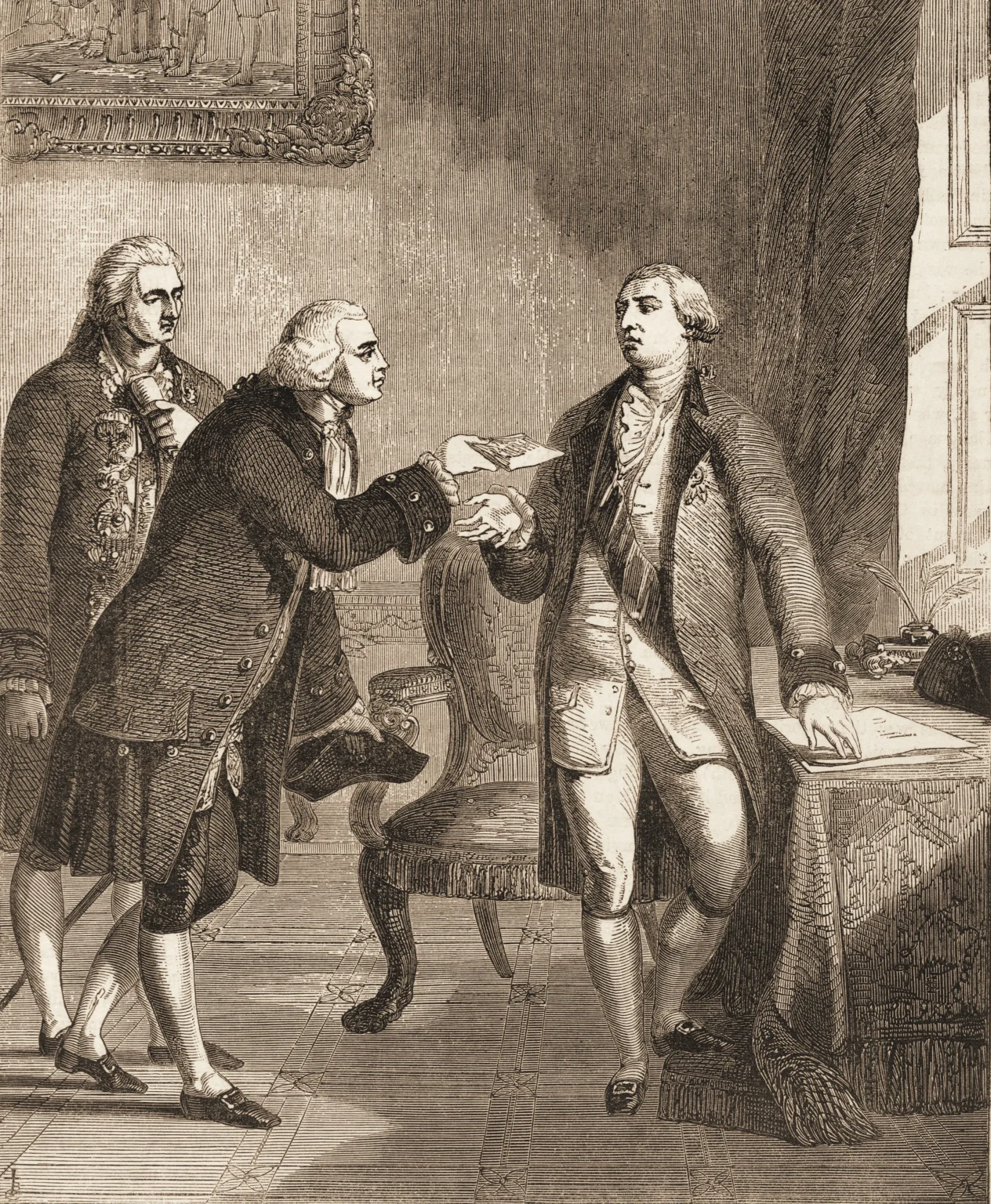John Adams, one of the Founding Fathers of the United States, was chosen by the Continental Congress to lead peace talks with Great Britain in 1779. This assignment, which Adams initially felt diffident about due to its importance and danger, required him to return to Europe. Without consulting his wife Abigail, Adams accepted the offer to negotiate peace whenever Britain was ready. Accompanied by his sons, John Quincy and Charles, Adams departed for Europe aboard a French frigate, facing a perilous journey that included a potentially sinking ship and a difficult overland trek through Spain.
Adams and his team eventually arrived in Paris in 1780, where they were later joined by fellow Founding Fathers Ben Franklin and John Jay. Negotiating from a position of strength following George Washington’s victory at Yorktown, Adams played a key role in securing the Treaty of Paris in 1783, which formally recognized American independence. This treaty represented a personal triumph for Adams, coming after years of commitment, fighting, and sacrifice by him and his fellow revolutionaries.
John Quincy Adams later hailed the Treaty of Paris as a triumph for his father’s dedication to the cause of American independence governed by laws rather than men. John Adams’ commitment to the new nation and its principles was evident in his pledge of life, fortune, and sacred honor to achieving independence. His role in negotiating the treaty with Britain, which acknowledged America’s independence, was crucial in fulfilling this pledge and solidifying the new nation’s place on the world stage.
Despite facing treacherous seas, dangerous storms, and challenging terrain, Adams remained steadfast in his mission to secure peace and independence for America. His willingness to take on difficult assignments and navigate the complexities of international diplomacy ultimately led to the successful negotiation of the Treaty of Paris. Adams’ legacy as a key figure in the American Revolution and the formation of the United States is a testament to his intellect, courage, and dedication to the principles of liberty and self-governance.
The journey undertaken by John Adams to negotiate peace with Great Britain and secure American independence was filled with peril and uncertainty. From facing stormy seas and leaky ships to enduring harsh conditions on land, Adams demonstrated resilience and determination in his pursuit of freedom for his country. His diplomatic efforts, alongside other key figures of the time, culminated in the signing of the Treaty of Paris, a momentous achievement that solidified America’s status as a sovereign and independent nation. John Adams’ role in this historic event underscores his lasting impact on the founding of the United States and the establishment of democratic principles that continue to shape the nation to this day.


